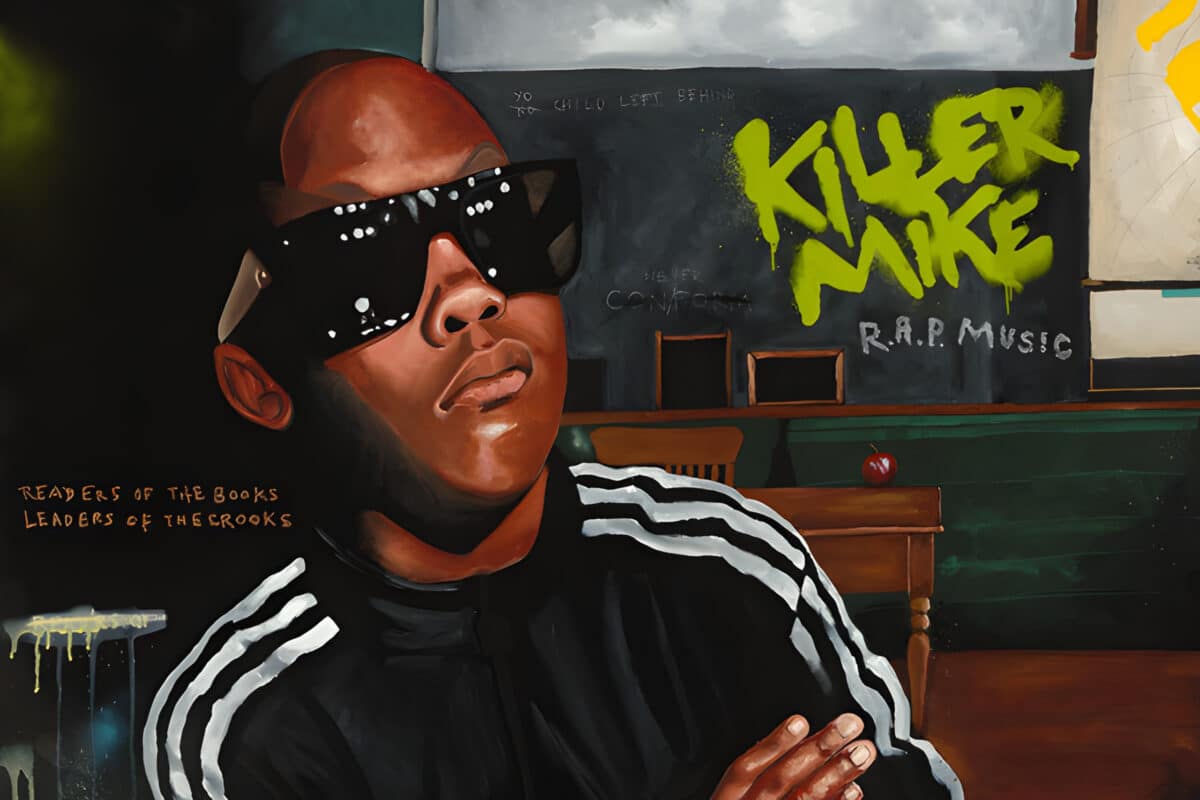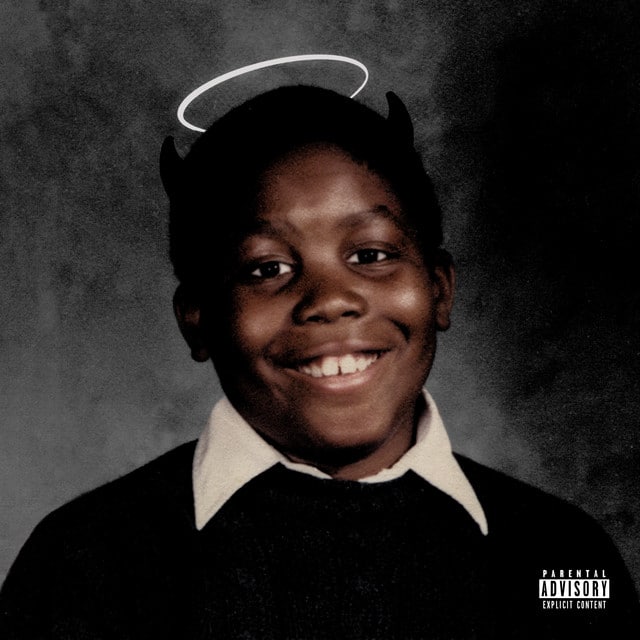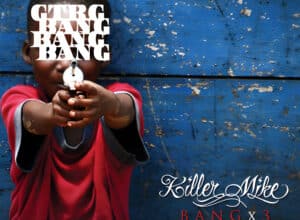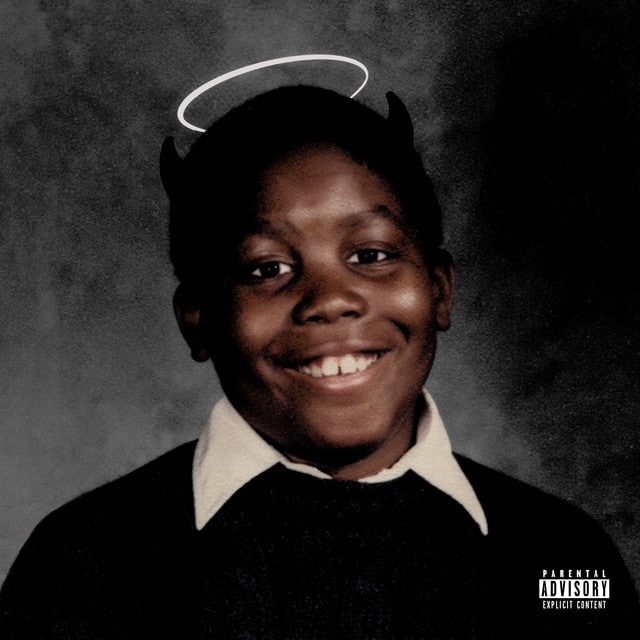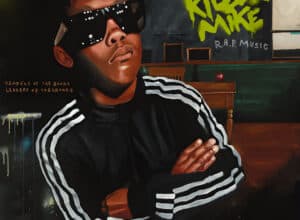Released: 2012
“Big Beast” by Killer Mike featuring Bun B, T.I., and Trouble is a raw and gritty homage to the rough realities of street life in Atlanta. The song’s general theme revolves around survival, dominance, and the assertion of respect in a world where danger lurks around every corner. It explores the gritty hustle and raw energy of Atlanta’s hip-hop scene, while delivering a stark message about power dynamics and respect in the streets.
The song kicks off with an intense declaration, setting the stage for an uncompromising and unfiltered narrative about life in Atlanta. The “hook” immediately establishes that this is not a place for the faint of heart, as the artists proudly wear their city on their sleeve, refusing to sugarcoat its dangerous reality. “Ain’t shit sweet bout the peach — this Atlanta, clown” highlights that Atlanta, often nicknamed the ‘Peach State’, has a tough underbelly.
The hook introduces us to a world of “dealers,” “strippers,” and “clubs,” setting up an image of a vibrant yet perilous environment. There’s a nod to Magic City, an iconic Atlanta strip club, symbolizing a center of both pleasure and danger. This setting establishes a vivid contrast, portraying the allure of the nightlife juxtaposed with the threat of violence, as symbolized by “a snub,” which refers to a concealed handgun.
Killer Mike, a heavyweight in Southern hip-hop, kicks off the first verse with lines like “These monkey niggas looking for some Luda and Jermaine,” which serves as a reminder that while Atlanta might be known for its popular rappers like Ludacris and Jermaine Dupri, it’s also home to raw, unpolished aggression. He talks about “Ruger and some pain,” hinting at the ever-present threat of violence, suggesting a harsh reality behind the glitzy surface.
The aggressive imagery continues with lines like “pow, motherfucker, pow,” emphasizing a willingness to resort to violence to assert dominance. This is a raw display of street justice and a commentary on survival in a city where “money-hungry wolves” exist, underscoring a predator-prey dynamic prevalent in street culture. “Your bodyguard ain’t shit,” hints at the idea that protection isn’t always guaranteed when things go south.
Bun B steps into the second verse, shifting the narrative with his own seasoned wisdom and tales from the streets. “Once upon a time in the projects” marks the start of a narrative flashback, introducing an ‘O.G.’ or original gangster who taught him the ropes. His verse acts as a cautionary tale, instructing listeners on the importance of resilience and respect, highlighting his personal evolution from a novice to a seasoned player in the street game.
Bun B continues to reflect on the gritty code of the streets with the line “being trill is an onomatopoeia.” ‘Trill’ is a slang term combining ‘true’ and ‘real,’ denoting authenticity and realness, crucial values in his community. This underscores a deeper cultural commentary about authenticity and survival, crucial themes within the hip-hop genre, especially in Southern rap where Bun B has been an influential figure.
T.I. adds his voice to the third verse, emphasizing regional pride and a sense of ownership over Atlanta’s reputation. “I’m repping this Atlanta shit,” signals an unapologetic stance, fiercely protecting his city’s reputation. With references to “Simpson Road to Adamsville,” T.I. anchors his verse in the reality of specific Atlanta neighborhoods known for their toughness and grit.
T.I.’s portrayal of the environment, where “choppers go off in my hood,” vividly paints a picture of frequent violence. The term “chopper” is slang for an automatic firearm, emphasizing the raw and dangerous landscape of these areas. He asserts dominance by stating “he deserve it, he allow it,” echoing a belief in street justice where outcomes are often determined by perceived worthiness and readiness for conflict.
In conclusion, “Big Beast” is more than a celebration of bravado; it’s an anthem for resilience, respect, and authenticity. Each artist brings a unique perspective to the song, enhancing the message of grit and raw reality. The track serves as both a representation of Atlanta’s vibrant yet perilous landscape and a testament to the tenacity needed to thrive within it. It’s a powerful reminder of the stark realities many face and the fierce pride that comes from surviving such a setting.
